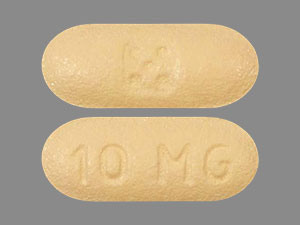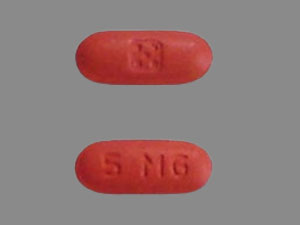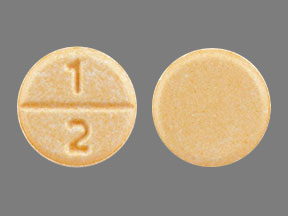
Introduction (Does Suboxone Make You Tired)
In the complex landscape of addiction recovery, Suboxone has emerged as a valuable tool in combating opioid dependency. However, like any medication, Suboxone is not without its side effects. One common concern among individuals undergoing Suboxone treatment is the potential for fatigue. In this blog post, we will explore the relationship between Suboxone and tiredness, shedding light on the factors that contribute to this phenomenon.
Understanding Suboxone
Suboxone is a medication designed to aid individuals in overcoming opioid addiction. It contains two main active ingredients: buprenorphine and naloxone. Buprenorphine is a partial opioid agonist, meaning it activates the opioid receptors in the brain but to a lesser extent than full agonists like heroin or oxycodone. Naloxone, on the other hand, is an opioid antagonist, which helps prevent misuse of Suboxone by blocking the effects of opioids when the medication is taken as prescribed.
The Connection between Opioids and Fatigue
To comprehend the relationship between Suboxone and fatigue, it’s crucial to first understand the impact of opioids on the body. Opioids, including prescription painkillers and illicit substances like heroin, often induce a state of sedation and drowsiness. These drugs act on the central nervous system, slowing down neural activity and promoting a sense of relaxation.
When individuals transition from opioid abuse to Suboxone therapy, they are essentially replacing a full opioid agonist with a partial agonist. While this transition aims to minimize withdrawal symptoms and cravings, it can also lead to changes in energy levels and alertness.
Factors Contributing to Fatigue on Suboxone
1. Buprenorphine’s Partial Agonist Activity:
Buprenorphine’s unique pharmacological profile contributes to the fatigue reported by some individuals on Suboxone. As a partial agonist, it provides a milder activation of opioid receptors compared to full agonists. This reduced activity may result in a less pronounced sense of euphoria but can also lead to increased feelings of lethargy.
2. Individual Variation in Response:
Each person’s body reacts differently to medications. Factors such as metabolism, overall health, and genetic predispositions can influence how an individual responds to Suboxone. Some people may experience fatigue as a side effect, while others may not be affected in the same way.
3. Dosage and Treatment Duration:
The dosage of Suboxone and the duration of treatment can play a role in the development of fatigue. Higher doses may increase the likelihood of experiencing tiredness, and prolonged use of the medication might contribute to cumulative effects on energy levels.
4. Adjustment Period:
When starting Suboxone treatment, the body needs time to adjust to the new medication. During this adjustment period, individuals may experience temporary side effects, including fatigue. It’s essential to communicate openly with healthcare providers about these effects to determine if any adjustments to the treatment plan are necessary.
Managing Fatigue on Suboxone
1. Open Communication with Healthcare Providers:
The key to effective Suboxone treatment lies in open communication between individuals and their healthcare providers. If fatigue becomes a significant concern, talking about it with the prescribing physician can lead to an adaptation in dosage or other appropriate measures.
2. Lifestyle Factors:
Adopting a healthy lifestyle can mitigate the impact of fatigue. Regular exercise, a steady diet, and adequate sleep contribute to overall well-being. These lifestyle factors can complement Suboxone treatment and help individuals maintain energy levels.
3. Medication Timing:
In some cases, adjusting the timing of Suboxone doses may help manage fatigue. Taking the medication at a time of day when tiredness is less disruptive or dividing the daily dose into smaller, more frequent administrations might be beneficial.
Conclusion
While Suboxone is a valuable tool in the journey to recovery from opioid addiction, it is essential to acknowledge the potential side effects associated with the medication. Fatigue, though reported by some individuals, is a nuanced phenomenon influenced by various factors. By maintaining open communication with healthcare providers, making lifestyle adjustments, and understanding the unique aspects of Suboxone’s pharmacology, individuals can work towards managing and minimizing fatigue during their recovery process. As with any medical treatment, the guidance of healthcare professionals is paramount in ensuring a safe and effective recovery journey.






Leave a Reply